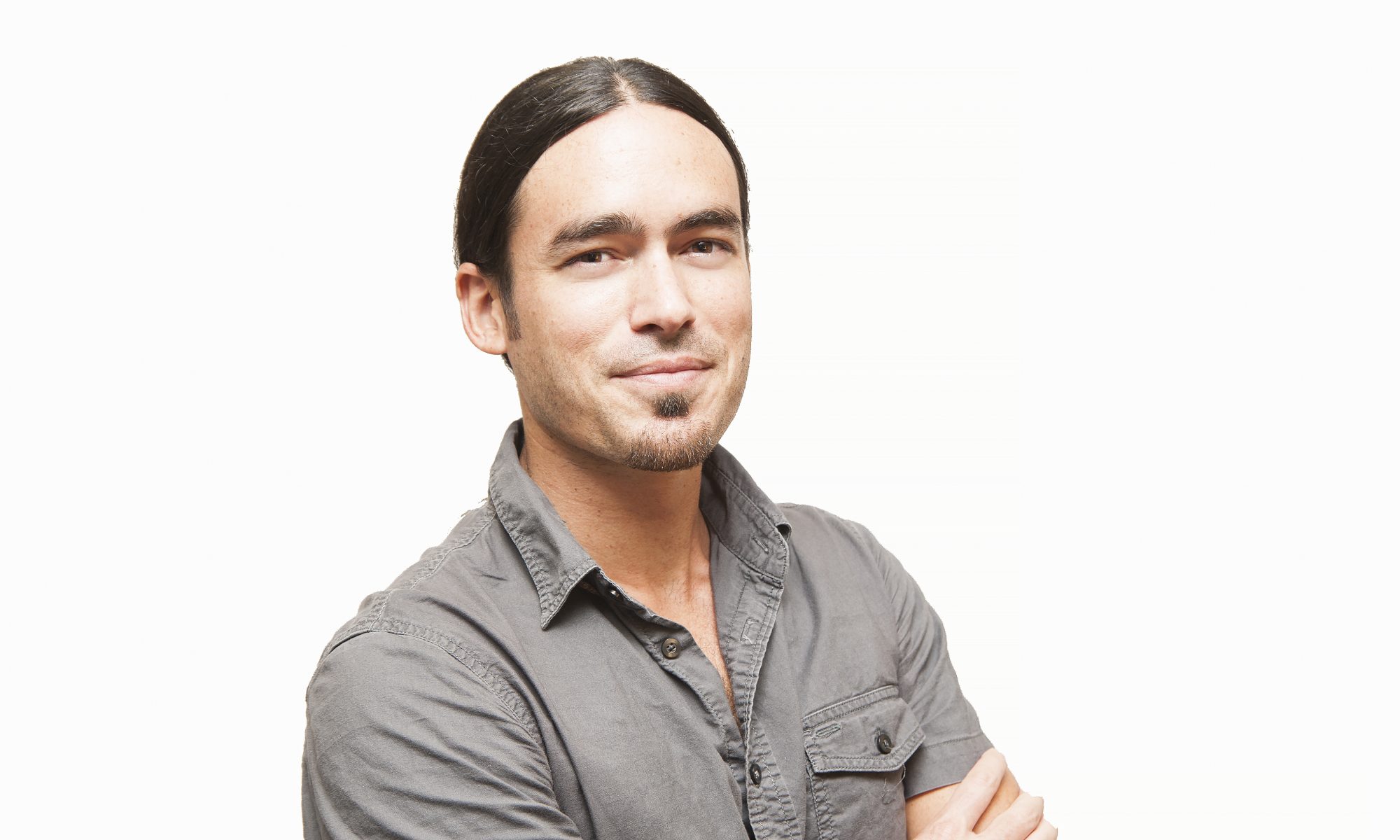Andréa Caloiaro is a lecturer and faculty member with the University Writing Program at the University of Florida. Caloiaro holds a PhD in English from the University of Florida as well as an MA in English from Boston College. He received his BA in English, with a minor in Rhetoric and Composition, from Stetson University. After having taught with the UWP and Department of English as a Teaching Assistant and Postdoctoral Instructor, Caloiaro joined the UWP as a fulltime lecturer in 2017.
One of the courses Caloiaro most enjoys teaching with the UWP is Writing in the Medical Sciences. He believes this is an opportune time to teach it, citing stats by the American Association of Medical Colleges, which predicted both an increase in applicants to medical school and an upcoming shortage of physicians in the United States. “I like teaching this class because the students have a pretty good indication about what specialization in the medical field that they want to enter into, so they come to the class intellectually capable and highly motivated,” says Caloiaro. “In this course, we write in genres that are germane to the health sciences. They love it and I love it.”
Caloiaro’s dissertation was built around Irish literature during the first World War. His focus was on three things: trauma, memory or collective memory, and men in combat. He argued that Irish literary narratives have been occluded from study into the 21st century mainly because what the combatants had to say about fighting for the British military as Irish citizens didn’t mesh with public politics regarding Ireland’s transition from being a country under the United Kingdom into a separate republic.
Says Caloiaro, “Since I first had a chance to teach a course in English as an undergrad TA, I knew that I wanted a teaching focused career. However, while pursuing a PhD, I mainly had research and writing on my mind and didn’t adequately note how much the act of teaching texts and theories – and obtaining students’ insights thereon – can illuminate our understandings of our own projects. But now that my focus is more on teaching – and working with bright and enthusiastic students – I’ve noticed that these experiences, in fact, influence what I want to research, and the extent to which I envision students as contributing to how I teach and what I plan to research and write next.”
Caloiaro’s goals for the future include publishing on teaching writing. He also hopes to have a course devoted to professionalization for undergraduates and new graduate students regarding navigation of the terrain of publications and professional interviews. Caloiaro says, “I’d like to be at UF and the UWP long-term. I’d like to build a career here in Gainesville.”
Replicating the close connections Caloiaro was able to make as a graduate student remains another one of his goals. He never had to go far to find help preparing for an interview or getting feedback on something he wanted to publish. Caloiaro acknowledged the effort put forth by instructors for him when he was a graduate student and hopes to repeat that experience for his own students.
The diversity of Gainesville and UF’s student body is cited by Caloiaro as one of his favorite things about the school and city. He plans to volunteer with the Arts and Medicine program and will provide tutoring for the Alachua county school system in summer 2018. In his free time, he surfs, plays guitar, and enjoys being outside in nature.
The openness and inclusivity of both Gainesville and UF are qualities Caloiaro appreciates about his current home. As faculty and part of that community, he now tries to model what was done for him here by combining his goals in research and in mentorship to help cultivate a sustainable learning environment through the UWP.
